Paths For Businesses And Customers To Resolve Disputes
By Brenda Waugh
Most of the time, small business owners and consumers can complete their transactions without any problems. Whether a buyer is picking up a gift from a local merchant or a homeowner is having a new roof installed, most interactions occur without significant conflicts arising. However, sometimes the parties develop a disagreement about the price, the product, or even the terms of their transaction. The law establishes certain rights to both small business owners and consumers that may impact the decision to engage in a business transaction or provide guidance in resolving disputes.
Consumers in Virginia have a variety of rights protected under state and federal laws, including these.
Right to protection from unfair and deceptive trade practices. Virginia’s Consumer Protection Act (VCPA) prohibits businesses from engaging in unfair or deceptive acts or practices that can harm consumers. These practices include things like false advertising and discriminatory pricing.
Right to a refund or replacement. If a product is defective, consumers in Virginia can usually get a replacement or refund.
Right to cancel certain contracts. Virginia law allows consumers to cancel certain contracts within a specified time frame, including contracts for health club memberships and door-to-door sales.
Right to fair credit reporting. The Fair Credit Reporting Act (FCRA) gives consumers the right to access their credit reports and to dispute any inaccuracies.
Right to protection from identity theft. Virginia law requires businesses to take reasonable measures to protect consumers’ personal information from identity theft.
Similarly, small business owners in Virginia have certain rights and responsibilities under state and federal laws. Some of the key rights that small business owners have in Virginia include these.
Formation. Small business owners have the right to form a legal entity, such as a corporation, limited liability company, or partnership, to operate their business.
Contracts. Small business owners have the right to enter into contracts with other businesses or individuals and to enforce those contracts in court if necessary.
Employment. Small business owners have the right to hire and terminate employees and to set wages and working conditions for their employees in accordance with state and federal laws.
Property. Small business owners have the right to own, use, and dispose of property, including real estate, equipment, and inventory.
Intellectual property. Small business owners have the right to protect their intellectual property, including trademarks, patents, and copyrights, through state and federal laws.
When a dispute between a consumer and a small business owner develops, the parties have several options.
Negotiation. It is often best to negotiate with the party as early as possible to find a mutually acceptable resolution. Sometimes, parties may ignore requests hoping that the dispute will disappear. That rarely happens, and even when one party appears not to act, their action may be deferred. Other times parties may not overtly act but may write reviews, contact colleagues, or take other unilateral actions that may eventually be to the detriment of the party. Negotiation is often the best first step. It may begin with a written letter outlining the dispute, but usually will be most effective if the parties can meet to discuss and work out the terms of the disagreement.
Mediation. If negotiation is not successful or when the parties are not comfortable negotiating in person, mediation is often a good option. It tends to be faster and less expensive than litigation. While parties will usually have the option of mediation once a suit is filed, they may also engage a mediator prior to filing the lawsuit to expedite resolution. Mediation is a process where a neutral third party helps facilitate communication and negotiation between parties in a dispute to find a mutually acceptable resolution.
Litigation. If the parties are unable to resolve their conflict, they may file suit with our without an attorney. If the matter involves only issues and parties in Virginia they may bring their case in one of the following courts.
- Small claims court. In Virginia, small claims court has jurisdiction over civil cases involving disputes up to $5,000. This includes claims for damages, breach of contract, and other disputes between individuals or businesses. Many litigants file in small claims court without an attorney.
- General District Court. In Virginia, parties may file in General District Court with a civil case when the damages are less than $25,000. General District Court also has jurisdiction to hear landlord-tenant disputes.
- Circuit Court. When the damages involved in the litigation exceed $25,000, the civil case must be filed in Circuit Court.
Some types of disputes between consumers and small business owners that may be resolved in mediation include:
- Disputes about a purchase price.
- Disputes over the receipt of payments
- Disagreement over the performance of the terms of a contract.
- Disputes about the quality of a product or service.
While mediation is a great option, it may not be possible when both parties are unwilling to engage in mediation. Ultimately, consumers and small business owners should consider their specific needs and goals and consult with a qualified mediator or legal professional to determine whether mediation is a good option for their situation.
When anyone has a question about their rights as a business owner or as a consumer, they should contact a lawyer to obtain the most updated and accurate information about their legal rights. In most situations, the conflict may be amicably resolved, and the parties may be able to continue to engage in business together. Ignoring the problem rarely resolves it, and may preclude pursuing some measures due to the statute of limitations. Failing to resolve the issue may also impact a small business’s success and the consumer’s ability to enjoy the product or service.
Brenda Waugh is a lawyer/mediator with Waugh Law & Mediation, serving clients in the Blue Ridge region of Virginia and Eastern Panhandle of West Virginia.
By Brenda Waugh
Most of the time, small business owners and consumers can complete their transactions without any problems. Whether a buyer is picking up a gift from a local merchant or a homeowner is having a new roof installed, most interactions occur without significant conflicts arising. However, sometimes the parties develop a disagreement about the price, the product, or even the terms of their transaction. The law establishes certain rights to both small business owners and consumers that may impact the decision to engage in a business transaction or provide guidance in resolving disputes.
Consumers in Virginia have a variety of rights protected under state and federal laws, including these.
Right to protection from unfair and deceptive trade practices. Virginia’s Consumer Protection Act (VCPA) prohibits businesses from engaging in unfair or deceptive acts or practices that can harm consumers. These practices include things like false advertising and discriminatory pricing.
Right to a refund or replacement. If a product is defective, consumers in Virginia can usually get a replacement or refund.
Right to cancel certain contracts. Virginia law allows consumers to cancel certain contracts within a specified time frame, including contracts for health club memberships and door-to-door sales.
Right to fair credit reporting. The Fair Credit Reporting Act (FCRA) gives consumers the right to access their credit reports and to dispute any inaccuracies.
Right to protection from identity theft. Virginia law requires businesses to take reasonable measures to protect consumers’ personal information from identity theft.
Similarly, small business owners in Virginia have certain rights and responsibilities under state and federal laws. Some of the key rights that small business owners have in Virginia include these.
Formation. Small business owners have the right to form a legal entity, such as a corporation, limited liability company, or partnership, to operate their business.
Contracts. Small business owners have the right to enter into contracts with other businesses or individuals and to enforce those contracts in court if necessary.
Employment. Small business owners have the right to hire and terminate employees and to set wages and working conditions for their employees in accordance with state and federal laws.
Property. Small business owners have the right to own, use, and dispose of property, including real estate, equipment, and inventory.
Intellectual property. Small business owners have the right to protect their intellectual property, including trademarks, patents, and copyrights, through state and federal laws.
When a dispute between a consumer and a small business owner develops, the parties have several options.
Negotiation. It is often best to negotiate with the party as early as possible to find a mutually acceptable resolution. Sometimes, parties may ignore requests hoping that the dispute will disappear. That rarely happens, and even when one party appears not to act, their action may be deferred. Other times parties may not overtly act but may write reviews, contact colleagues, or take other unilateral actions that may eventually be to the detriment of the party. Negotiation is often the best first step. It may begin with a written letter outlining the dispute, but usually will be most effective if the parties can meet to discuss and work out the terms of the disagreement.
Mediation. If negotiation is not successful or when the parties are not comfortable negotiating in person, mediation is often a good option. It tends to be faster and less expensive than litigation. While parties will usually have the option of mediation once a suit is filed, they may also engage a mediator prior to filing the lawsuit to expedite resolution. Mediation is a process where a neutral third party helps facilitate communication and negotiation between parties in a dispute to find a mutually acceptable resolution.
Litigation. If the parties are unable to resolve their conflict, they may file suit with our without an attorney. If the matter involves only issues and parties in Virginia they may bring their case in one of the following courts.
- Small claims court. In Virginia, small claims court has jurisdiction over civil cases involving disputes up to $5,000. This includes claims for damages, breach of contract, and other disputes between individuals or businesses. Many litigants file in small claims court without an attorney.
- General District Court. In Virginia, parties may file in General District Court with a civil case when the damages are less than $25,000. General District Court also has jurisdiction to hear landlord-tenant disputes.
- Circuit Court. When the damages involved in the litigation exceed $25,000, the civil case must be filed in Circuit Court.
Some types of disputes between consumers and small business owners that may be resolved in mediation include:
- Disputes about a purchase price.
- Disputes over the receipt of payments
- Disagreement over the performance of the terms of a contract.
- Disputes about the quality of a product or service.
While mediation is a great option, it may not be possible when both parties are unwilling to engage in mediation. Ultimately, consumers and small business owners should consider their specific needs and goals and consult with a qualified mediator or legal professional to determine whether mediation is a good option for their situation.
When anyone has a question about their rights as a business owner or as a consumer, they should contact a lawyer to obtain the most updated and accurate information about their legal rights. In most situations, the conflict may be amicably resolved, and the parties may be able to continue to engage in business together. Ignoring the problem rarely resolves it, and may preclude pursuing some measures due to the statute of limitations. Failing to resolve the issue may also impact a small business’s success and the consumer’s ability to enjoy the product or service.
Brenda Waugh is a lawyer/mediator with Waugh Law & Mediation, serving clients in the Blue Ridge region of Virginia and Eastern Panhandle of West Virginia.


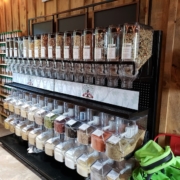
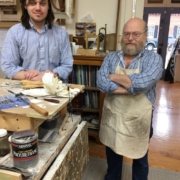
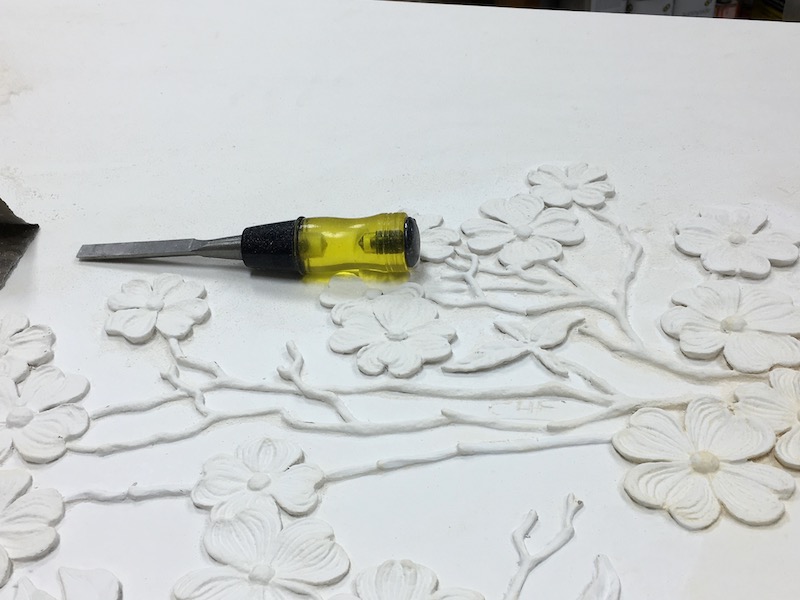

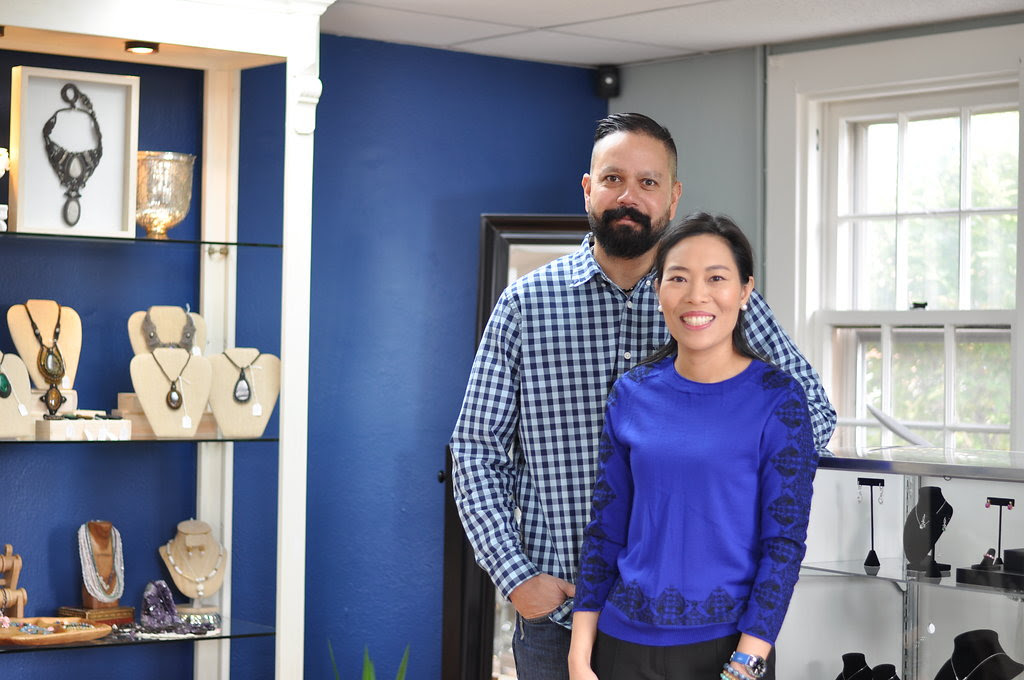

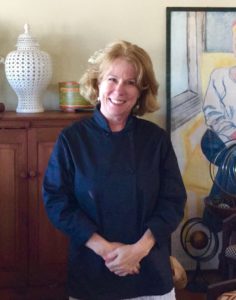


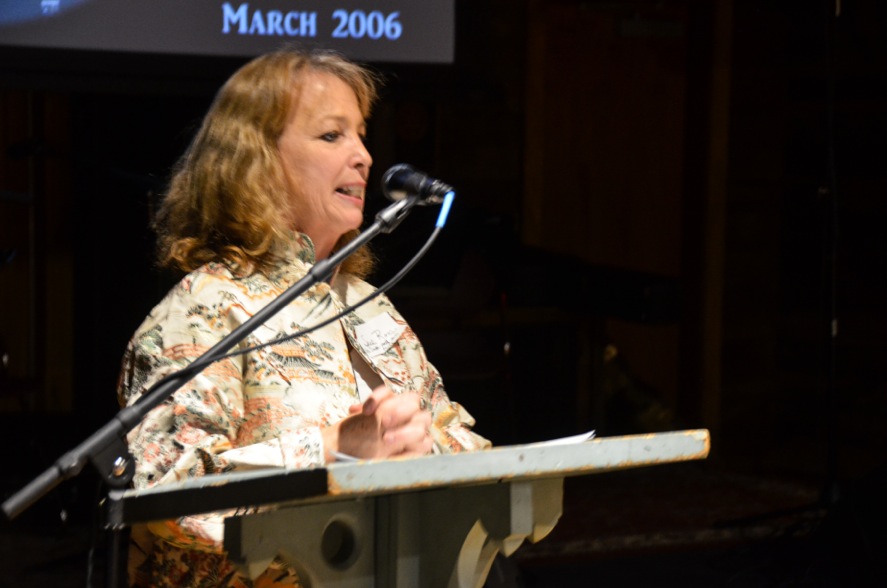
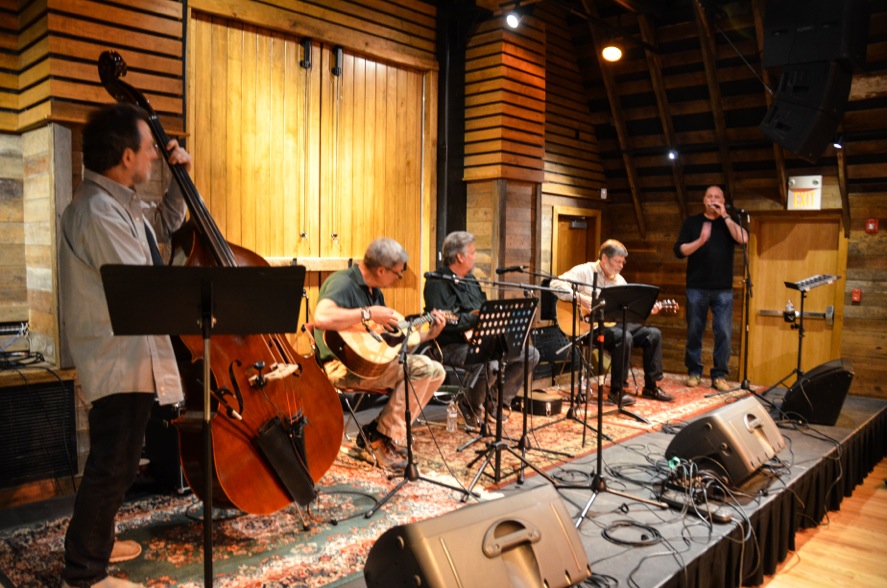

 By Liam Harrison
By Liam Harrison